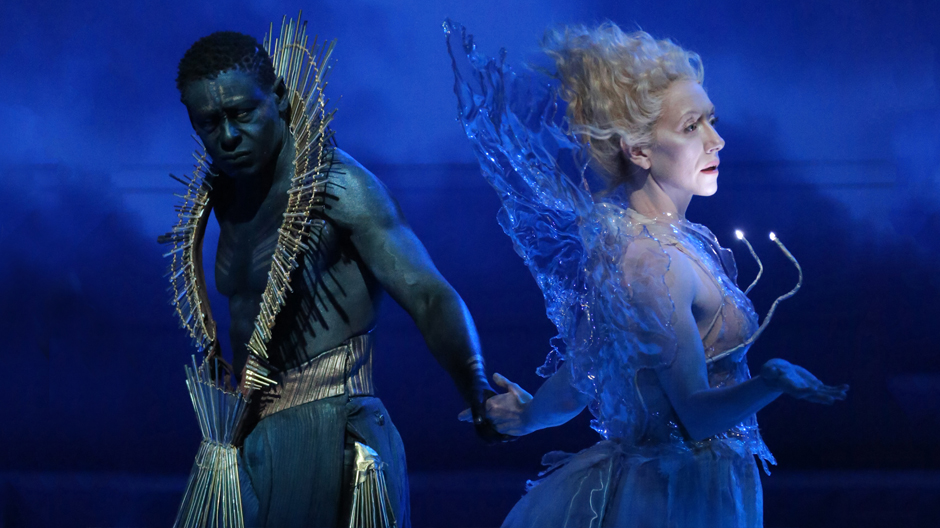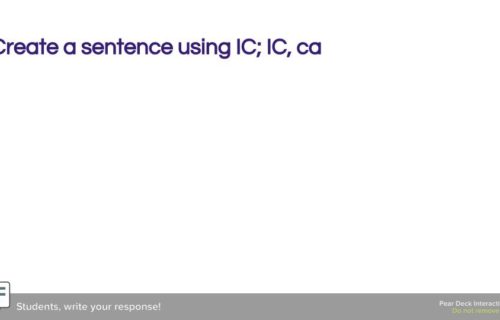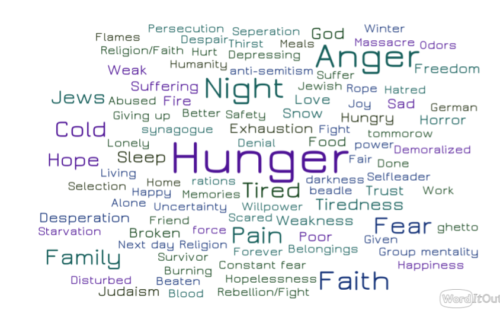
Project-based Learning: Acting Projects for A Midsummer Night’s Dream & Macbeth
This year I changed how I teach Shakespeare a lot. After taking the Folger Shakespeare Library class last summer, I revised my teaching practices for Shakespeare. I got “out of the suburbs” as they call it; I did not open with the traditional presentation explaining who Shakespeare was, his history, or the history of the Globe Theatre.
Instead, I had students look at word frequency lists, play with language, do more close readings, and act. For Macbeth, I did more film analysis, too, having them watch parts of three different versions and compare the VERY different interpretations.
For the most part, I think this year went better, but I am left with a few takeaways.
I know that the Folger Shakespeare Library doesn’t dwell over not reading the whole text. I know that isn’t an option, but I tried to make sure that students knew I didn’t care if they understood every word or line. I emphasized annotation a lot more in my teaching, and I used the word frequency list to help students I identify what to pay attention to and what to mark. (Here’s a sample word frequency list I used.)
I also encouraged a lot more acting. For Othello, my sophomores performed and memorized a soliloquy. The goal of this was two-fold: it forced them to speak the language and challenged them to do a close reading with a specific text (next year, I think I may tweak the writing assignment to tie it into a close reading of what they performed) AND it helped prepare them for the dramatic reading contest in the fall.
Teaching Shakespeare in a single-sex school can be challenging, especially if I want them to act. Some classes seem to embrace playing female roles (it’s true even to Shakespeare’s time even…) while others struggle with having to switch gender roles. I majorly tweaked my my A Midsummer Night’s Dream acting project this year, cutting down the amount of text used drastically. While that helped me get closer to the quality of performances I wanted, I am left with a few revisions and takeaways.
1. We had a lot of weather-related schedule changes (late starts, early dismissals, and snow days) during the project. This happened last year. I still want the project to happen before the speech contest, but I think I need to push it later into third quarter because the weather issues really impacted the fluidity of the project and in-class work time.
2. I think I need to much clearer on the different roles and my expectations with costumes, programs, etc. I’ve done acting projects with co-ed schools, a college credit all-boys’ class, and an all-girls’ school. While this isn’t true for every student at an all-boys school, I feel like the girls overall tended to be better with details, designing the programs, and costumes. They also managed and multi-tasked a bit better. I think if I flush out my assigned, expectations, and tweak my rubric, I’ll get a better product from them with the A Midsummer Night’s Dream acting project. I need to tweak the soliloquy project for Macbeth in the same way.
3. I want to tweak how I do the film analysis and comparison. I think I want to spend the summer cutting the films and making the scenes I want them to review as separate files, that way students who are absent don’t miss the lesson and it’ll save me class time or I could even assign them for homework.
Overall, I’m really happy with how my Shakespeare lessons went with my sophomores, and while these weren’t really techy lessons, I think it reinforces my mantra to educators: technology should ENHANCE the curriculum. If you don’t need it, don’t use it. Now students did design programs, write papers, and use technology in some ways during the course of the units, but I really don’t use it a lot in these lessons, and I think that a break is good for these digital natives.




Add A Comment